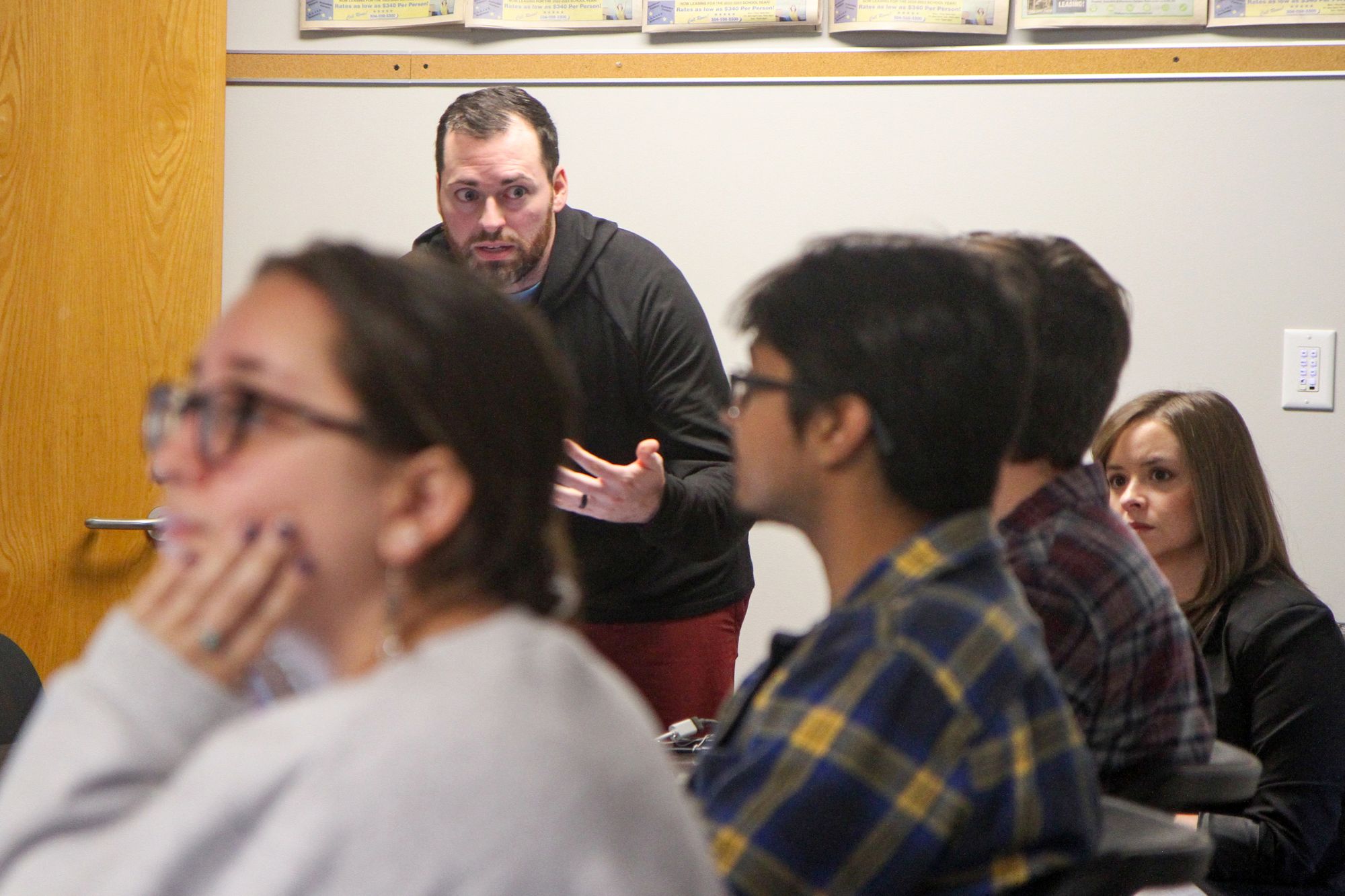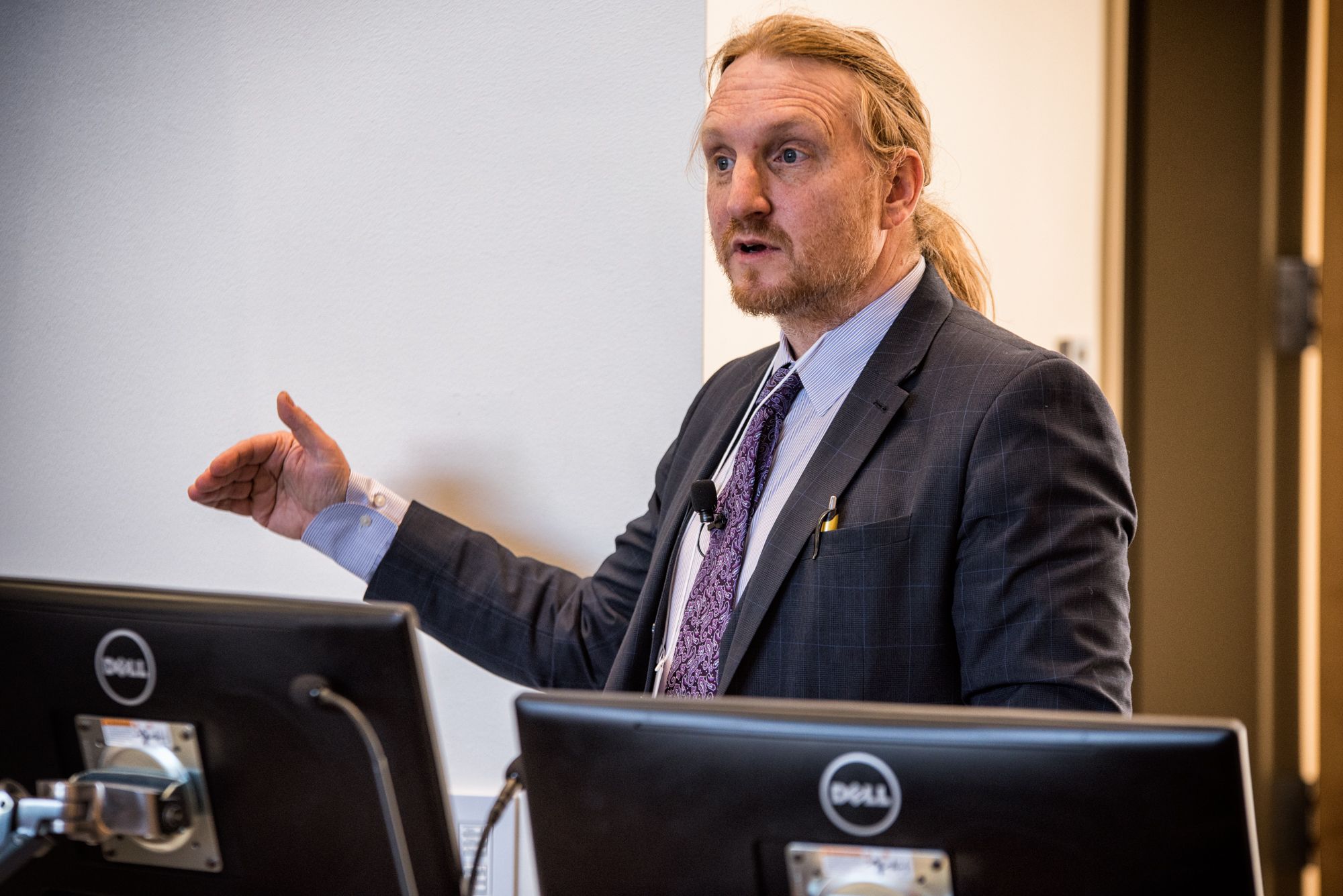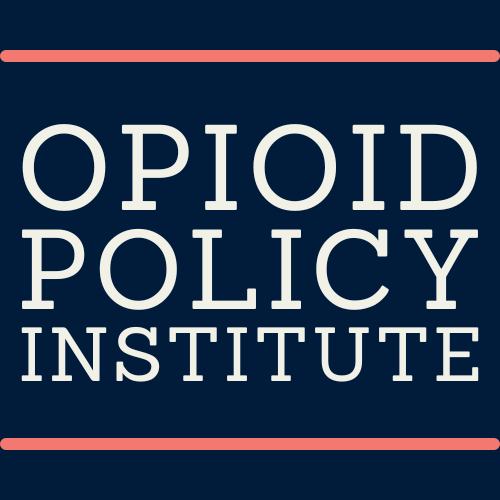About

Our Mission
We work to improve outcomes for people with an opioid addiction through our scientific research, policy advocacy, and education. We work relentlessly towards pushing solutions that prevent diseases and deaths related to opioid addiction.
Our Purpose
OPI was established in 2020 to break the gap between knowledge and action about opioid addiction. To accomplish this we generate knowledge and take it from the ivory tower to the people with the goal of affecting real, sustained change and improving the lives of people with an opioid addiction.
Our Team

Jonathan JK Stoltman, PhD
Director/Founder
Education
> Lifespan Developmental Psychology, West Virginia University, PhD
> Behavioral Neuroscience, West Virginia University, MS
> Counseling Education ("Substance Abuse"), Wayne State University, MA
> Psychology, John Carroll University, BS
Background
Dr. Jonathan Stoltman has been an addiction scientist and patient advocate since 2013. His research and policy interests are at the intersection of reproductive/sexual health, pregnancy, stigma, discrimination, digital health, media & opioids/addiction. He is a collaborator on several current projects with national experts including digital privacy/security and OUD Treatment Apps, child welfare involvement and addiction, and sexual health knowledge/access/interest during opioid treatment. Jonathan has also participated in advocacy work with the College of Problems on Drug Dependence Washington, DC Advocacy Day every winter since 2018. In collaboration with 100 Days in Appalachia, he has co-developed materials to help improve how the media covers addiction (Reporting on Addiction). His research manuscripts have appeared in leading journals such as Drug and Alcohol Dependence, Addictive Behaviors, and Experimental and Clinical Psychopharmacology. Additionally, Jonathan has presented his research at national and regional conferences. Since 2015, he has served on various committees for the College on Problems of Drug Dependence (CPDD), including: Human Research Committee, Chair of the Technology Sub-Committee; Public Policy Committee; Communications Committee; and Social Justice Taskforce. CPDD is the premier addiction research society and is the longest-standing professional association in the United States addressing problems of addiction. During his doctoral training, Jonathan completed research at West Virginia's leading opioid treatment facility, the Comprehensive Opioid Addiction Treatment (COAT) clinic at West Virginia University. He received CTSI funding for this work on reproductive and sexual health service knowledge/access/interest during opioid treatment. Jonathan continues to mentor many students and junior faculty.

Mishka Terplan, MD, MPH, FACOG, DFASAM
Senior Physician Research Scientist
Education
> University of California, San Francisco, MD
> University of North Carolina, Chapel Hill, MPH
> University of Chicago, BA
Background
Dr. Mishka Terplan is board certified in both obstetrics and gynecology and in addiction medicine. His primary clinical, research and advocacy interests lie along the intersections of reproductive and behavioral health. Dr. Terplan is nationally recognized as an expert in the care of pregnant and parenting people with substance use disorder. He has been central to guidance document development at the American Congress of Obstetrician Gynecologists (ACOG), the American Society of Addiction Medicine (ASAM) and the Substance Abuse and Mental Health Services Administration (SAMHSA) and has participated in expert panels at Center for Disease Control, Office of the National Drug Control Policy, Office of Women’s Health, US Food and Drug Administration and the National Institutes of Health primarily on issues related to gender and addiction. Dr. Terplan has active grant funding and has published over 100 peer-reviewed articles with emphasis on addiction medicine, drug use in pregnancy, health disparities, stigma, and access to treatment.
Creative Commons Republishing Guidelines*
- You must give the Opioid Policy Institute credit, including opioidpolicy.org and author.
- If you publish online, include the links from the story, and a link to Opioid Policy Institute.
- Stories may be edited for in-house style or to shorten. More substantial changes should be noted as additional and conducted by your publication. Changes must be aligned with Associated Press Stylebook and Reporting on Addiction guidance related to addiction stigma.
- You can publish our graphics and any photos that are credited to Opioid Policy Institute with the stories with which they originally appeared. For any other uses, you must seek permission.
- Don’t sell the story.
- Don’t sell ads against the story or on a page that uses advertisements.
- Please only publish on pages that minimize or completely avoid the use of trackers, pixels, and other advertising technology that violates people's privacy.
- Content cannot be published behind a paywall.
*adapted from Michigan Advanced
Our Creative Commons license
Opioid Policy Institute by Jonathan JK Stoltman, PhD is licensed under CC BY-NC-SA 4.0
